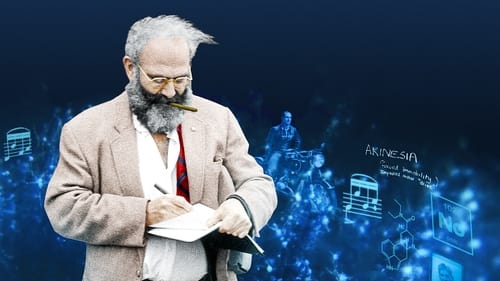
Self (archive footage)
Extraordinario y emotivo documental sobre Oliver Sacks, un neurólogo, escritor y divulgador científico que aquí analiza su vida, desde el inicio de su carrera científica, la homofobia sufrida hasta la publicación de su aclamada autobiografía.

Five million Americans suffer from Alzheimer's disease and dementia—many of them alone in nursing homes. A man with a simple idea discovers that songs embedded deep in memory can ease pain and awaken these fading minds. Joy and life are resuscitated, and our cultural fears over aging are confronted.
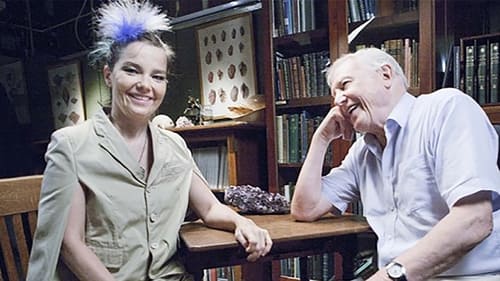
Self
Award-winning musician Björk and legendary broadcaster and naturalist Sir David Attenborough have admired each other's work for years but this is the first time they have discussed their mutual love of music and the natural world on screen. In this remarkable documentary, Björk explores our unique relationship with music and discovers how technology might transform the way we engage with it in the future.

Self

Himself - Professor of Neurology and Author
D Carleton Gajdusek won the Nobel Prize for the discovery of Prions - the particles that would emerge as the cause of Mad Cow disease - while working with a cannibal tribe on New Guinea. He was a star of the scientific world. Over his years working amongst the tribes of the South Seas, he adopted 57 kids, bringing them to a new life in Washington DC. His adoptions were hailed as wonderful fatherly beneficence. But, at the height of his career, rumours began to spread he was a paedophile. Gajdusek would argue that if sex with children was okay in their own cultures, he wasn't wrong to join in. How could a great mind like Gajdusek's lose insight so totally, and why would the scientific community to which he was a hero be so quick to leap to his defence and dismiss the allegations? (Storyville)

Himself
Alan Yentob talks to Dr. Oliver Sacks about his latest book 'Musicophila: Tales of Music and the Brain' which deals with the power of music and how it helps those with extreme neurological conditions, and meets some extraordinary people overcame their conditions with music.
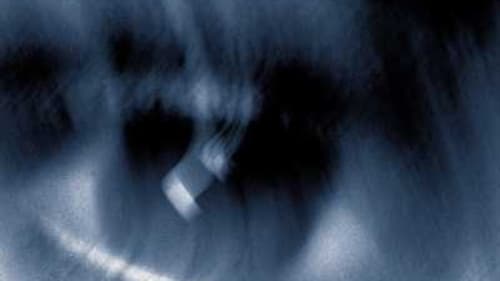
Self
Nineteen people with differing degrees of visual impairment – from mild nearsightedness to total blindness – discuss how they see themselves, how they see others and how they perceive the world. Unusual images, of burning trees or empty deserts, link the interviews, which vary from deep to funny to poetic.
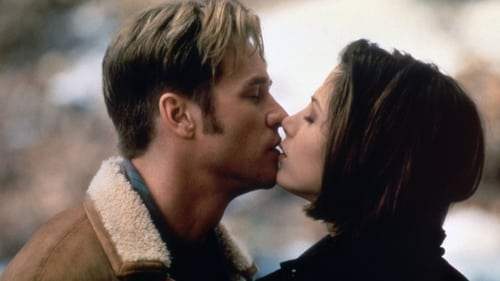
Story
Amy visita una clínica de descanso. Allí conoce a Virgil, un masajista ciego del que se enamora. Cuando Virgil se opera para recuperar la vista, descubrirá que el mundo al que tiene que enfrentarse es mucho más complicado que el que tenía en la oscuridad.

One of the most interesting shows ever aired on public television was Wim Kayzer's interviews with six leading intellectuals who represented both the mainstream academic (Stephen J. Gould, Freeman Dyson and Stephen Toulmin) and more or less, as it were, "eccentric" outside the box groundbreaking intellectuals (Oliver Sacks and Rupert Sheldrake). Kayzer interviews each of them (and philosopher Daniel Dennett) individually and then has the entire group sit in a kind of round-table seminar that he moderates and lets the ideas fly.
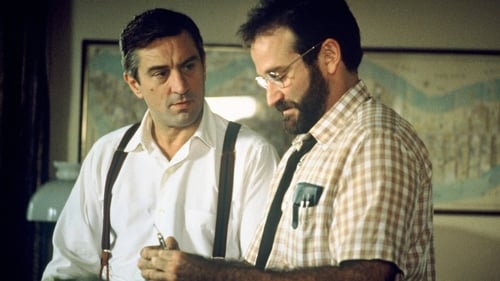
Book
El doctor Malcolm Sayer, un neurólogo neoyorkino decide, a mediados de los años sesenta, aplicar un innovador tratamiento a sus pacientes de encefalitis, enfermedad que priva de las facultades motoras a las personas que la padecen hasta reducirlas a un estado vegetativo. Poco a poco empezará a manifestarse cierta mejoría en los pacientes, especialmente en Leonard Lowe.
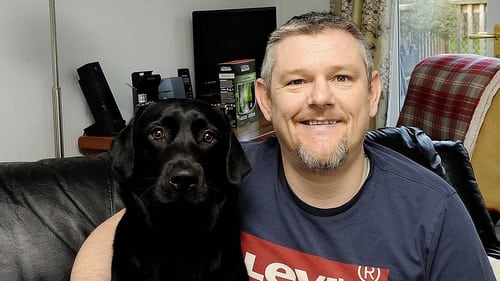
Oliver Sacks
John's Not Mad is a QED documentary made by the BBC in 1989. It was ranked, in a British public poll, as one of the 50 Greatest Documentaries. The film shadows John Davidson, a 15-year-old from Galashiels in Scotland, who had severe Tourette syndrome. John's life was explored in terms of his family and the close-knit community around him, and how they all coped with a misunderstood condition.

Novel
Opera singer and professor Dr P is examined both in a clinic and in his home, as he suffers from a degeneration of the occipital lobe that allows him to see details but not wholes.

Himself
Opera singer and professor Dr P is examined both in a clinic and in his home, as he suffers from a degeneration of the occipital lobe that allows him to see details but not wholes.










